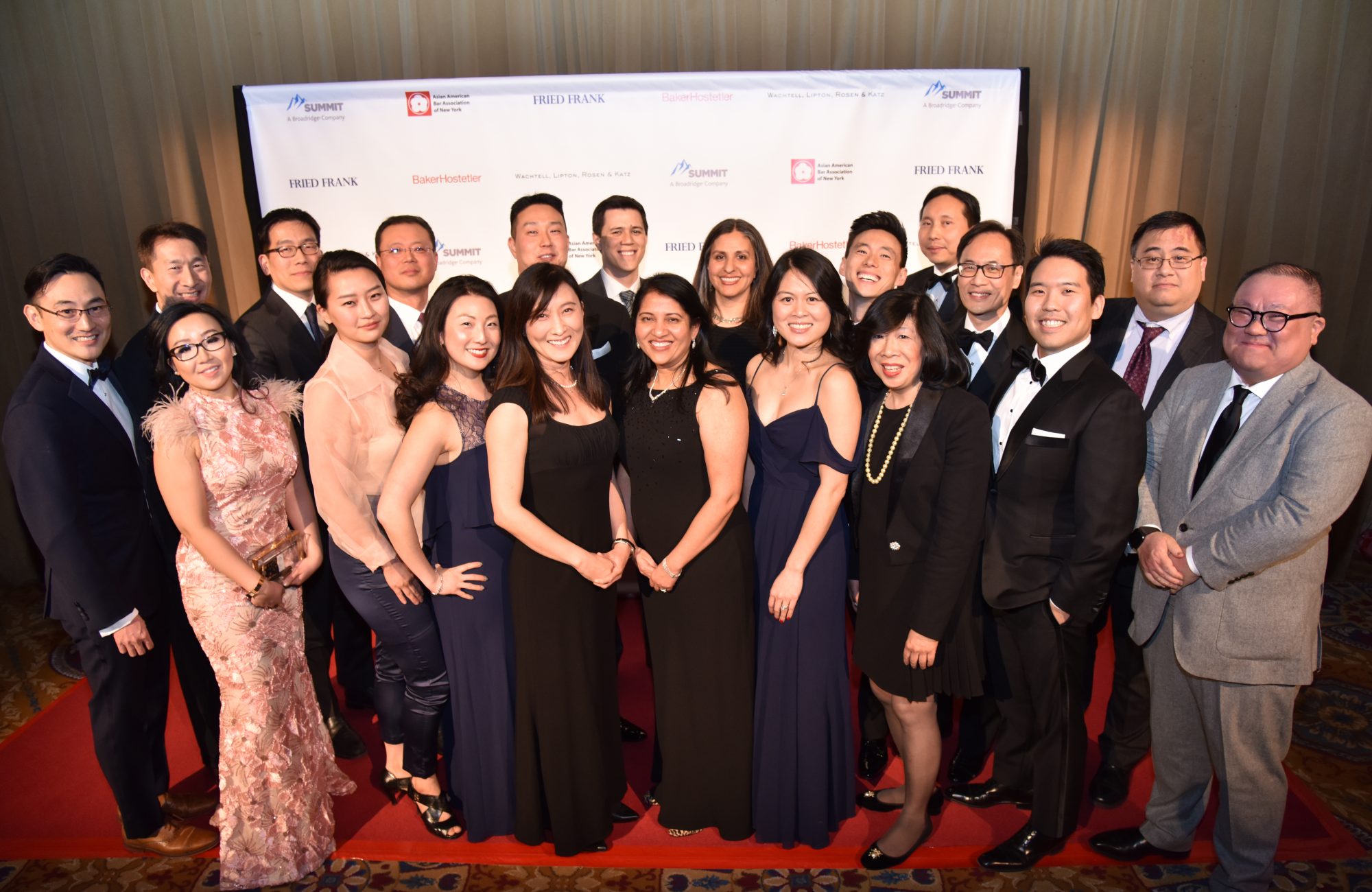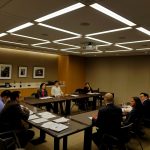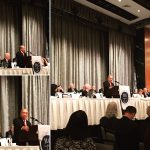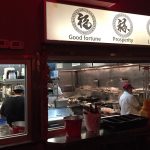Southwest Regional Conference | April 6-7, 2017, in Austin, Texas
Registration | Deadline: March 16
Registration for the Southwest Regional Conference is now active and available online. Click here to register today.
Hotel Accommodations| Deadline: March 16
The Southwest Regional Conference has secured a room block at the JW Marriott Downtown Austin. To book your hotel, please click here.
Sponsorship
Interested in sponsoring the Southwest Regional Conference? Contact Punam Kaji at [email protected] for more information. As a conference sponsor, your name will be highlighted in conference materials!
For questions about the Southwest Regional Conference or APIS Conference, please contact:
Ann Chao Sheu, Chair | [email protected]
Punam Kaji, Chair-Elect | [email protected]
Click here to visit the Texas APIS website for more information about the Southwest Regional and APIS Conferences.
Western Regional Conference | July 20-22, 2017, in Silicon Valley
Registration
Registration for the Western Regional Conference will open on March 16.
Call for Programs | Deadline Extended: March 21, 8 p.m. EDT
The deadline for the Call for Programs has been extended! We welcome all program submissions, particularly programs directed to issues particular to the Western Region of the U.S., current controversial issues, and legal issues related to advances in technology. Priority will be given to panels with confirmed speakers. If you would like to submit a program, please complete the form here.
Hotel Accommodations| Deadline: June 28
The Western Regional Conference has secured a room block at the San Jose Marriott. For more information on hotel reservations and to book a room, please click here. Space is limited so book today!
Questions? Email us at [email protected].
Click here to visit the APABA SV Western Regional Conference website.
Northeastern Regional Conference | Sept. 8-10, 2017, in Philadelphia
Call for Programs | Deadline: April 15
The Call for Programs for the Northeast Regional Conference has been extended to April 15. If you would like to submit a program for the Northeast Regional Conference on Sept. 9, 2017, please complete the Call for Programs available online here.
Questions | Please contact [email protected].
Click here to visit the APABA-PA Northeast Regional Conference website. Find all of the NAPABA Regional Conference information on the NAPABA website.













